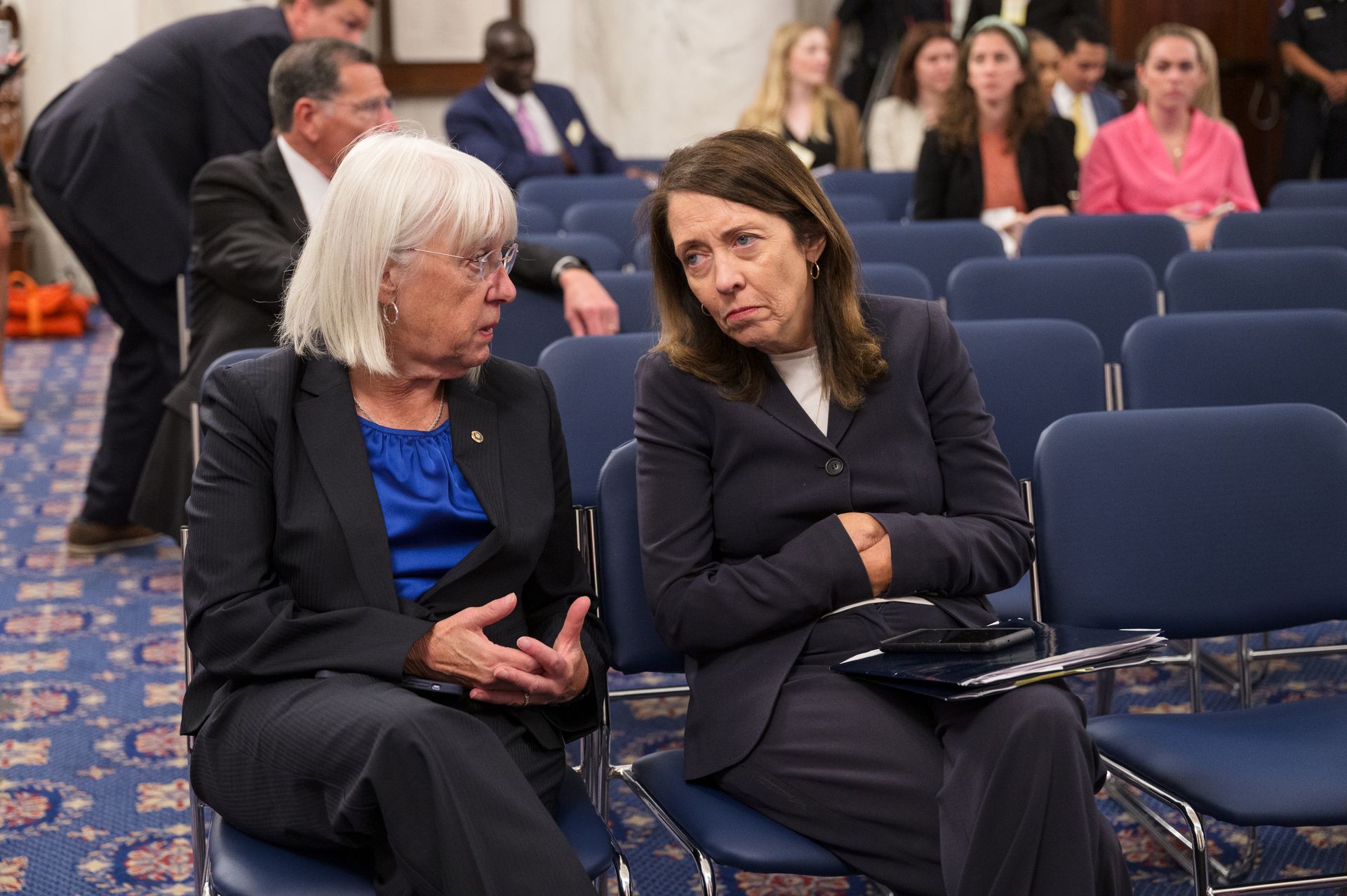Hood Canal Bridge is a vital link between Olympic and Kitsap peninsulas & helps more than 30,000 daily commuters avoid a 100-mile detour around Puget Sound
As the longest floating saltwater bridge in the world, the structure is deteriorating in the harsh marine environment
WASHINGTON, D.C. – Today, U.S. Senators Patty Murray (D-WA) , Maria Cantwell (D-WA) and U.S. Representative Derek Kilmer (D, WA-06) announced that the Washington State Department of Transportation will receive $51,125,917 in federal funds to repair the Hood Canal Bridge.
The funding comes from the Infrastructure for Rebuilding America (INFRA) Grant Program, which provides grants to nationally and regionally significant transportation projects to improve the country’s freight network.
“The Hood Canal Bridge is an absolutely critical connection for people and businesses on the Olympic and Kitsap peninsulas,” said Sen. Murray. “This is a piece of infrastructure that must remain safe and reliable so people can get to where they need to go—whether that’s work, a doctor’s appointment, or anything else. With thousands of travelers relying on this bridge just about every day, I’m proud to have worked together with Senator Cantwell and Representative Kilmer to ensure we bring these federal dollars home to replace outdated portions of this bridge.”
“Thanks to the Bipartisan Infrastructure Law, the Hood Canal Bridge will receive the repairs it needs to continue providing a vital connection between Kitsap, Jefferson, and Clallam Counties, with more than 30,000 crossings per day. Without this bridge, drivers would need to take a 100-mile detour around Puget Sound. And if the bridge’s retractable span were to fail, submarines and other vessels would be cut off from Naval Base Kitsap – Bangor,” Sen. Cantwell said. “This bridge is critical to the quality of life for residents and our national security.”
“The Hood Canal Bridge is often a lifeline for folks on the Olympic Peninsula, enabling them to get where they need to go,” said Rep. Kilmer. “This federal funding is a major step toward improving the safety and reliability of the bridge, helping ensure that it will remain open, accessible and resilient for years to come. And with federal support it means this project can move forward without the costs falling solely on the backs of taxpayers in our state. That’s a win-win.”
This project will replace over 3,400 linear feet of the western half of the bridge including the replacement of 55 reinforced concrete crossbeams and 216 prestressed concrete girder lines and the placement of nearly 4,800 cubic yards of concrete. Preliminary design work is scheduled to begin in November 2025, with project completion scheduled for June 2027. The project’s total budget is $85.2 million.
The Hood Canal Bridge links the Olympic and Kitsap peninsulas, allowing over 30,000 motorists to get to and from work each day. As the longest floating bridge in the world over saltwater, this unique structure sits in a harsh marine environment that’s deteriorated its condition over the past 40 years. Currently, vehicles that can cross the bridge are weight-restricted at 17,000 lbs per axle or less, and overweight vehicles are forced to drive nearly 100 miles around Puget Sound. If the bridge’s condition goes unaddressed, further deterioration and restrictions would have severe impacts on commerce and the livelihood of those who depend on the bridge every day.
The Hood Canal Bridge also crosses a channel used by U.S. Navy submarines to reach the Pacific Ocean from Naval Base Kitsap -Bangor. Should the bridge’s retractable span become unusable, those vessels would be cut off from the base.
Sen. Murray, as a senior appropriator and then Assistant Majority Leader, helped secure $3.2 billion for the INFRA grant program in advance appropriations in addition to the $4.8 billion funded through the Highway Trust Fund when she helped pass the Bipartisan Infrastructure Law, for a total of $8 billion over five years.
Sen. Cantwell authored the INFRA Grant Program in the FAST Act of 2015, to provide grants to nationally and regionally significant freight and highway projects. This grant program was the first discretionary grant program to focus on improving the multimodal freight network and addressing freight bottlenecks. In 2022, as chair of the Senate Committee on Commerce, Science, and Transportation, Sen. Cantwell helped secure $8 billion over five years for the INFRA Grant Program as part of the Bipartisan Infrastructure Law, a 78 percent increase in funding. Additionally, in August 2024, Sen. Cantwell wrote a letter to Department of Transportation Secretary Pete Buttigieg in support of the Hood Canal Bridge project’s INFRA grant application. The State of Washington has received 11 INFRA Grants, for a total of $532,300,108 since the start of the program.
###


